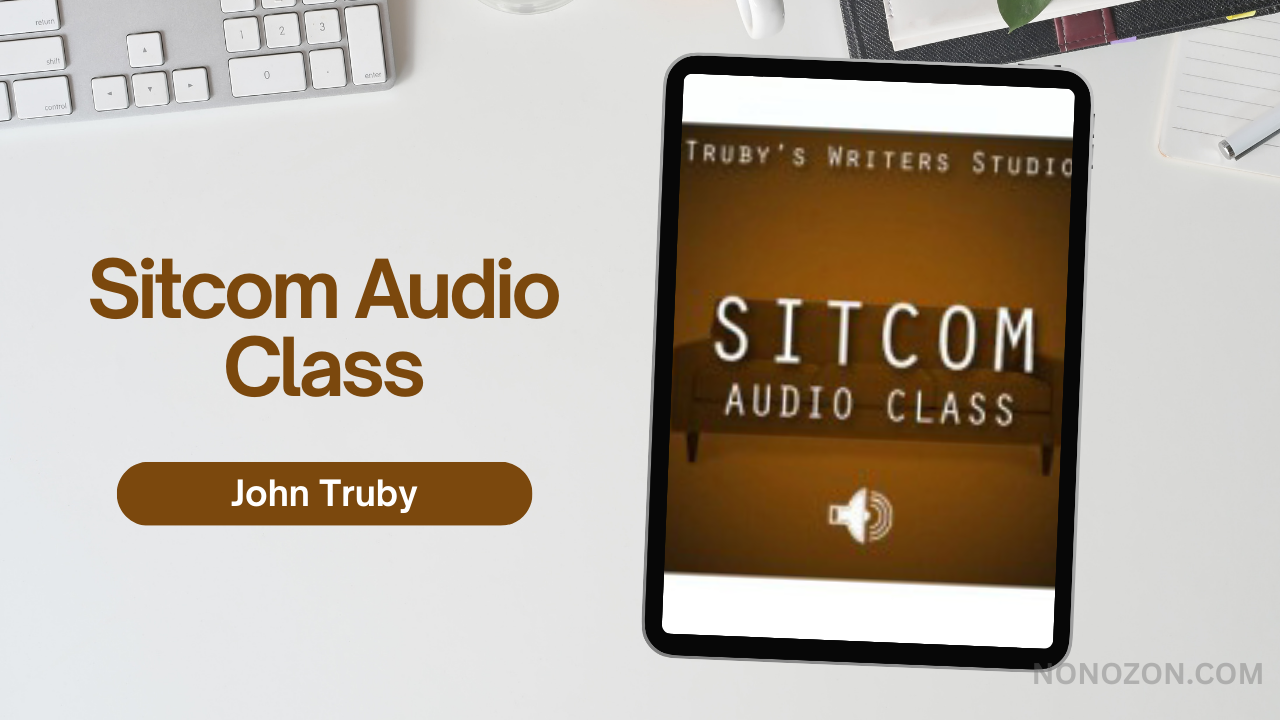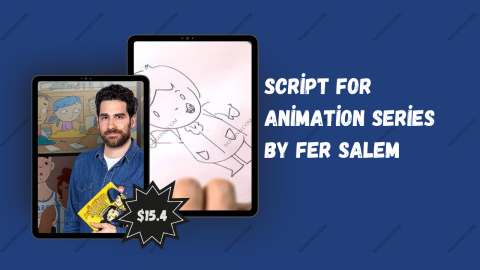Sitcom Audio Class
by John Truby
An Insightful Review of the Sitcom Audio Class by John Truby
Check proof of content here:

Television comedy is a dynamic and intricate art form that demands a delicate balance of creativity, strategy, and technique. John Truby’s Sitcom Audio Class serves as a guiding light for writers aiming to succeed in this competitive domain. Unlike conventional programs that focus solely on joke-writing, Truby encourages participants to view sitcoms as carefully constructed short stories, each with its own distinctive form that requires thoughtful planning and execution. This enriching experience provides invaluable insights for serious writers. Let’s explore what the class offers, the feedback it has garnered, and how it compares to Truby’s written works.
Understanding the Core Philosophy of Sitcom Writing
In sitcom writing, the saying "laughter is the best medicine" holds more weight than just a catchy phrase; it emphasizes the importance of structure in delivering humor effectively. Truby’s approach underscores that great sitcoms are built on well-developed characters and cohesive plots, not just a series of punchlines. By focusing on character development and plot progression, Truby transforms sitcom writing into a disciplined craft rather than a casual endeavor.
The Importance of Structure
Truby highlights the critical role of structure in successful sitcom writing. He discusses the traditional three-act structure, explaining how each act serves a specific function. The first act introduces the main characters and sets up the comedic premise. The second act escalates conflicts and tensions, often leading to unexpected turns. Finally, the third act resolves these issues, leaving the audience entertained and satisfied. This structured approach is key to understanding the framework that underpins effective sitcoms.
Key Structural Elements:
Character Introduction: Establishing distinct personalities and relationships.
Conflict Development: Creating tension that fuels the humor.
Resolution: Crafting endings that leave the audience fulfilled.
These elements are rooted in universal storytelling principles, making sitcoms feel grounded and relatable.

Character Development in Sitcoms
Truby emphasizes that the heart of any sitcom lies in its characters. Characters should not only generate laughter but also evoke empathy from the audience. This dual role makes sitcoms memorable and engaging. Throughout the class, students learn how to create multifaceted characters with realistic flaws and desires.
Techniques for Character Development:
Backstories: Crafting rich histories that inform character motivations.
Contrasting Traits: Developing characters with opposing qualities to create comedic tension.
Growth Arcs: Designing character journeys that lead to meaningful evolution.
This focus on character depth enhances the overall narrative and opens up more opportunities for humor.
Feedback from Participants: Voices of Experience
The reception of John Truby’s Sitcom Audio Class has been overwhelmingly positive. Many students have praised Truby’s engaging teaching style, noting that his ability to break down complex concepts makes them accessible and easy to digest.
Key Takeaways from Student Feedback:
Clarity of Material: Complex ideas presented in a straightforward manner.
Real-World Relevance: Practical insights that can be applied in industry settings.
Engaging Format: An interactive environment that encourages creativity.
While some participants mentioned overlap with Truby’s published works, the interactive nature of the class offers a unique experience that books alone cannot provide.
A Comparative Analysis: Class versus Books
Truby’s books are foundational resources for aspiring writers, but the Sitcom Audio Class offers an interactive platform that enhances learning through engagement and discussion. So, how do these two formats compare?
Key Comparisons:
| Feature | Sitcom Audio Class | John Truby’s Books |
|---|---|---|
| Format | Interactive audio lessons | Text-based resources |
| Engagement | Participation and Q&A | Self-paced reading |
| Complexity | In-depth exploration | Comprehensive but dense |
| Real-World Insight | Direct guidance from Truby | Theory and examples |
While both formats offer valuable insights, the interactive nature of the audio class allows for a deeper, more hands-on understanding of the material.
Conclusion
In the world of television comedy, John Truby’s Sitcom Audio Class stands out as a vital resource for aspiring writers. By emphasizing the importance of structure, character development, and practical application, Truby not only imparts crucial knowledge but also inspires writers to find and refine their own voices. The overwhelmingly positive feedback from students highlights the class’s ability to demystify sitcom writing. As participants engage with the material, they gain the tools to craft stories that connect with audiences and make their mark in the evolving landscape of comedy. For anyone serious about a career in sitcom writing, this class is an indispensable investment in their craft.




